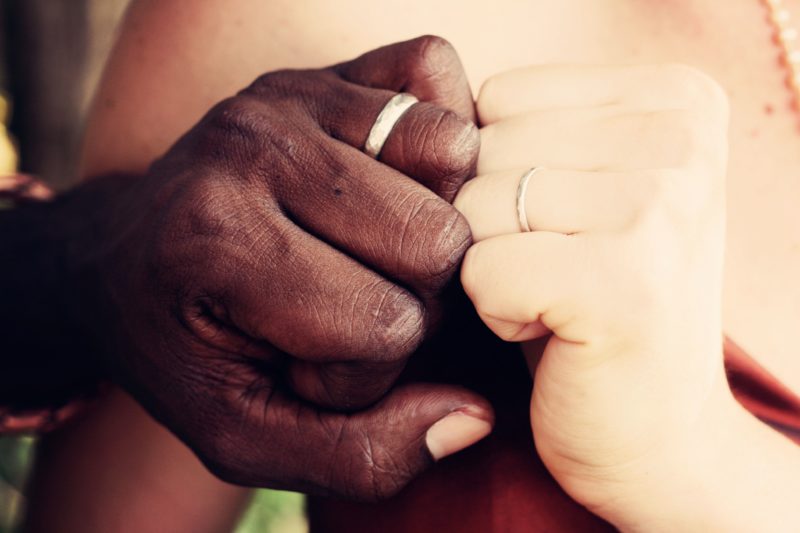Visits: 0
Rejection. It’s the greatest social fear. Who enjoys being hurt and rejected?
Yet, so many of us unwittingly walking into rejection again and again. We feel consistently disregarded, hurt, isolated and betrayed in our personal and professional relationships.
A pattern of feeling rejected leads to resentment and even depression. In fact, a ten-year study recently confirmed that such stressful relationships are directly linked to clinical depression.
Amazingly, behaviors that flow from our conscious intention to be accepted are often the culprit. Here are five examples of how we may unwittingly invite rejection while banking on acceptance.
Do you see yourself in any of the following 5 scenarios?
1. Not Speaking Up
You need something, but don’t ask for it. Perhaps you’ve worked hard all day and would like your partner to help with the dishes. You think, “I wish he would just help. If he really cared about me, he’d know that I want help and just offer. So, just forget it. I guess I’m stuck with an uncaring mate.”
In this scenario, you probably feel taken advantage of, unappreciated and resentful.
The alternative is to simply ask for what you need. Your partner will either agree to help or refuse to help in one way or another. If he helps, then you have much less reason to feel rejected. If he doesn’t help even though he easily could, then you experience a real world rejection, which is very different from the self-induced rejection. This is a problem to solve – and one you can begin to address immediately.
2. Pressuring
You want something really badly, so you keep asking for it…over and over. Your partner feels pressured because she needs more time to decide or doesn’t really want to come out and say no.
You sense the hesitation, which compels you pressure her more. You know what happens next. Bam! She blows up and tells you off.
3. Avoiding Conflict
Something difficult yet important needs to be discussed. You know this is a hot button topic and the last thing you want is another argument. So, with looming images of verbal battles in your mind, you avoid the subject entirely.
This only makes arguing inevitable. For example. You told your friends that you could go out with them Friday night. You know your partner will be put off, so you don’t tell him. Friday night comes and you spring the news on him at the last minute, or worse, just leave without telling him.
He’s upset and loses his cool in your direction.
4. Masking the Truth
Let’s just call it lying.
So, you spilled milk on the counter and neglected to clean it up. Your partner hates sloppiness. “Who made a mess on the counter?” she demands.
You and the kids look around suspiciously. Apparently, nobody did it. Thirty minutes later, she discovers the truth and you are not only busted, but suffer through another rejection – and for more than sloppiness. Now, your trustworthiness is in question.
5. Being Too Agreeable
Agreeing with something that you don’t really agree with leads to passive aggressive behavior.
• You agree to go to a play, but sulk your way through the evening.
• You agree to mow the yard on Sunday, but somehow ‘forget.’
• You agree to save more money, but spend it like always.
• You agree to do more around the house, but continue your couch potato ways.
• You agree to spend more time together, but continue as a busybody.
All of these passive aggressive patterns ultimately lead to arguments and rejection. It’s much better to disagree up front and negotiate something that you know you can willingly do.
Why oh why do we set ourselves up for rejection?
Often times we ‘know’ the ultimate outcome of our behaviors, even as we do them. You know where the above behaviors are likely to take you. Yet, in the moment, you stick with old habits.
The set up for almost certain rejections comes from a little known phenomenon called a negative psychological attachment. With psychological attachments, behaviors that cause us pain tend to happen on autopilot, as if some part of us were actually seeking unfavorable outcomes. Even though we consciously would not choose rejection, for example, somehow we end up there. It can be confusing!
In the end, such attachments create self-sabotage, which is perhaps the most important issue to understand and resolve.
To learn more about how negative psychological attachments create self-sabotaging behaviors, watch this enlightening free video.
Mike Bundrant is author of the book, Your Achilles Eel: How to Overcome the Cause of Negative Emotions, Bad Decisions and Self-Sabotage. He is also co-founder of the iNLP Center.









